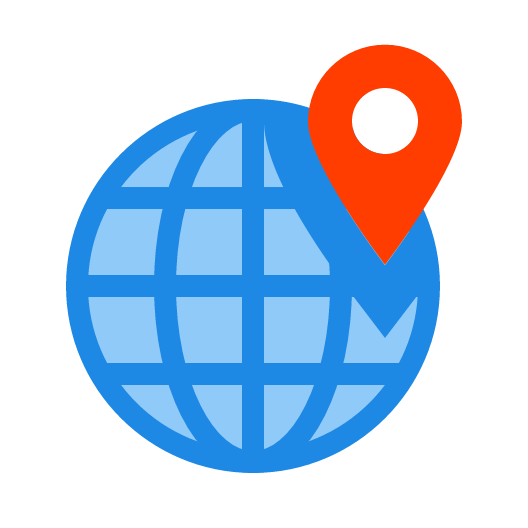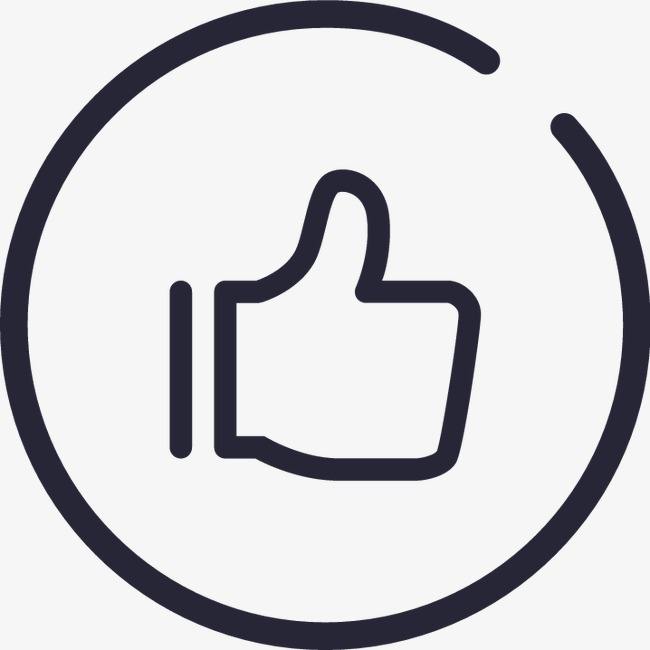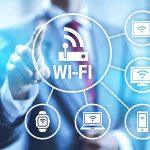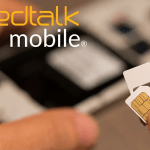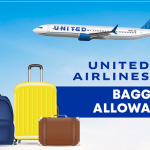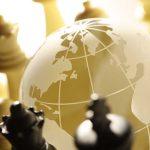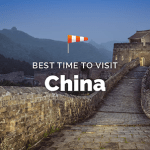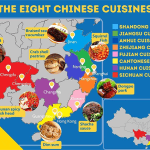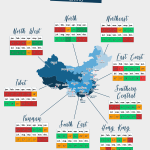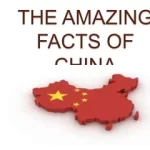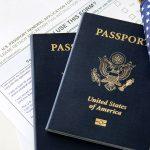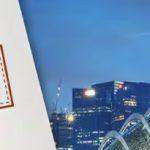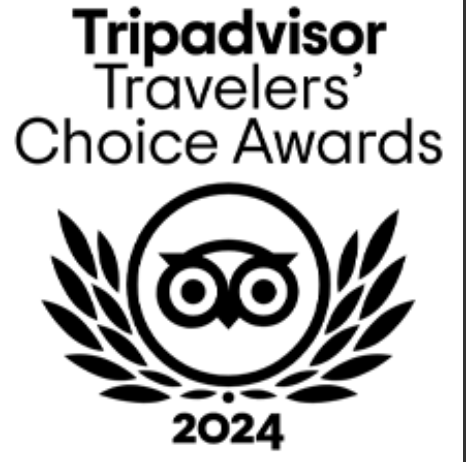The official currency in China is the Renminbi (RBM)or “people’s currency.” The basic unit is the yuan (also known as “kuai”), which equals 10 jiao (or “mao”), which is then divided into 10 fen.
Paper currency comes in 1.2,5,10,50 and 100 yuan notes. Paper jiao come in denominations of 1,2, and 5. There are also 1 and 2 fen notes, but these are rarely used as their purchasing power is exactly zero. As for coins, there are 1 youan ,1 and 5 jiao,and 1,2, and 5 fen(ahain, the fen are basically useless).
Changing Money
You can exchange traveler’s chechs or cash at most banks, and hotels always have a money exchange counter. You can also get a cash advance on your American Express card, but for this you need to go to the Bank of China headquarters at Fuchengmen or Bank of China Beijing Branch at Chaoyangmen or the one at your nearest branch of Bank of China.
To change money, you have to have your passport at hand. If you want to change money in a hotel, you usually have to be a guest there. Sometimes if you are not a guest in a hotel but need to change money there, you can just say a random room number, but this doesn’t always work.
At present ,the RMB is not exchangeable on the internaitional market, so it is only usable within the country. So when you are changing money, don’t change too much, because it is difficult to change back into other currencies. To change RMB back into your home currency, you must retain the exchange slips that are given to you at the bank or money exchange counter. Then when you want to go home, you have to bring the slips with you to prove that you are merely changing back money you haven’t spent instead of taking out needed foreign exchange. if you lose the slips, you can change on the black market (locations vary , ask a Chinese friend for details), but the exchange rate is not so good and of course it is illegal.
Credit cards
Major credit cards such as Master Card , Visa, JCB and American Express can be used to purchase goods in large department stores. Credit cards cannot be used in small restaurants or small convenience stores.
They are mostly useful for paying for really expensive things. They can be used to pay for hotel rooms and for meals in some of the fancier restaurants. You can also buy plane tickets with them. As mentioned above. AmEx can be used to get a cash advanec in the main offices of the Bank of China. It is also possible to cash a check against the AmEx card ,but again , only in the main offices.
Phony Money
The government is cracking down on the counterfeit money. Still you need to be aware of this. Unless you have been here for this; unless you have been here for a while, it is not easy to spot.
The ways to identify phony money are by the color, the watermark, the paper, and the braille dots. The color of RMB notes is hard to imitate, and counterfeit bills are usually too fuzzy, that is, the images and colors are not so sharp. The watermark on counterfeit money is also not clear. On real bills the outline of the model worker or the Great Helmsman (on the 100) is fairly distinct.
The way to test the paper is to look at it under a black light. Originally, the way to tell real from fake is to see if the words “YIBAI”or “WUSHI”(depending on the denomination) appeared in fluorescent letters under the light. But the pros have found a way to imitate this. Now the true test is to see the color of the paper itself under the black light. If the paper appears bright, then it is fake. If it appears to absorb the black light. Then it is real. The final test is the dots. On each denomination of the yuan notes (nobody bothers mading fake jiao, not to mention fen), there is a corresponding number in braille in the lower left hand corner of the front side. It is hard to feel, but the dots are slightly raised on the surface of the paper. If they are not, then it is also a fake.
Tips of Money Exchange
- ATM scams do happen in China although not a big problem. So do cover the keyboard when you enter your password and choose a machine you deem safer. An ATM inside a bank or at an airport is safer than a hole in the wall.
- I have to say that you really need to be careful because counterfeit money is little bit rampant in China right now. I hate to say that I received a counterfeit 50 RMB at a five-star hotel, and a fake 100 RMB from a Bank of China ATM. They would not take any responsibility for the money they gave, so it would be a struggle.
- The best way to tell if the money is real is to feel the collar on Mao’s shirt to see if it is grainy. If it is, the money should be real. Any bills with unusual thickness are not real either. Just be careful. Certainly, this kind of bad thing does not happen often.
- Small dealers offer wads of RMB on the back streets of Chinatowns throughout the world, but if you go to them you risk being scammed and are breaking the law. People often hang around outside banks and in tourist centers offering to exchange currency. You would be breaking the law, and will be ripped off in one way or another, whether it is by being given fake notes, a poor exchange rate, or no money at all.
